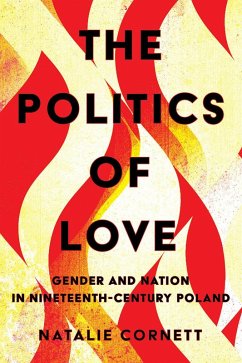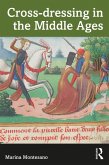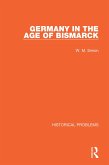The Politics of Love describes the history of Polish intellectual and cultural life, which covertly flourished at home and abroad despite imperial repression between Poland's two great uprisings in 1830-1831 and 1863. Natalie Cornett focuses her study on a group of educated women known as the "Enthusiasts" (Entuzjastki), who were united by their commitment to live as independent women despite the intense nationalism that put the nation above all-including class and gender.
The Enthusiasts, led by Narcyza Zmichowska, emphasized sororal love and homosocial bonding in their program to contest both an oppressive imperial regime and constrictive gender roles. Their affective relationships with each other and their decision to remain unmarried, childless, or divorced violated accepted conventions and the patriotic emphasis on the Polish family. By drawing on a large corpus of their letters, diaries, police files, and published works, Cornett describes the Enthusiast movement from its emergence in the 1840s to the death of Narcyza Zmichowska, in 1876.
The Politics of Love describes how the Polish intelligentsia was so monomaniacally focused on the struggle for independence that discussion of other social questions was dismissed as "unpatriotic." Its dismissal of the Enthusiasts as socially deviant, despite the Enthusiasts' support for the national cause, reveals the limitations of nationalism as a binding agent and demonstrates how Polish women appropriated and contributed ideas about women's emancipation, nationalism, and religion in a globalizing era of increasing literacy and transnational exchange.
The Enthusiasts, led by Narcyza Zmichowska, emphasized sororal love and homosocial bonding in their program to contest both an oppressive imperial regime and constrictive gender roles. Their affective relationships with each other and their decision to remain unmarried, childless, or divorced violated accepted conventions and the patriotic emphasis on the Polish family. By drawing on a large corpus of their letters, diaries, police files, and published works, Cornett describes the Enthusiast movement from its emergence in the 1840s to the death of Narcyza Zmichowska, in 1876.
The Politics of Love describes how the Polish intelligentsia was so monomaniacally focused on the struggle for independence that discussion of other social questions was dismissed as "unpatriotic." Its dismissal of the Enthusiasts as socially deviant, despite the Enthusiasts' support for the national cause, reveals the limitations of nationalism as a binding agent and demonstrates how Polish women appropriated and contributed ideas about women's emancipation, nationalism, and religion in a globalizing era of increasing literacy and transnational exchange.
Dieser Download kann aus rechtlichen Gründen nur mit Rechnungsadresse in A, D ausgeliefert werden.









